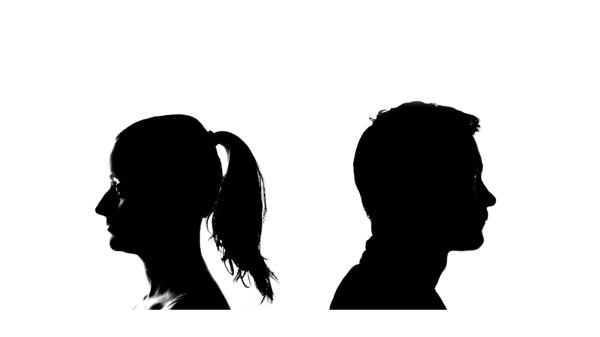Delhi High Court Grants Divorce in Long-Standing Matrimonial Dispute.
[ Court Doc ]
Divorce Law >> Family Law | Divorce under Hindu Marriage Act >> Marriage Law
In a recent judgment delivered on August 21, 2024 in the matter of Ruchi Wadhawan v/s Amit Wali, the Delhi High Court allowed a divorce appeal filed by the appellant wife, overturning a previous decision by the Family Court. The appeal challenged a March 4, 2023 judgment from the Family Court, East District, Karkardooma Courts, Delhi, which had dismissed the appellant’s petition for divorce on grounds of cruelty.
Background of the Case:
The appellant, who married the respondent on April 27, 2008, had filed for divorce under Section 13(1)(ia) of the Hindu Marriage Act, 1955 (HMA), citing cruelty. The couple had been living separately since April 25, 2012, and no children were born from the marriage.
The appellant’s petition, filed on November 8, 2012, detailed several allegations against the respondent, including habitual drinking, gambling, abusive behavior from the respondent's family, and financial misconduct. Despite these claims, the Family Court found insufficient evidence to substantiate the allegations, leading to the dismissal of the divorce petition.
Appeal Proceedings:
The appellant challenged the Family Court’s decision, arguing that the prolonged separation of over twelve years and the respondent's previous agreement to a mutual divorce (later rescinded) demonstrated that the marriage had irreparably broken down. The appellant emphasized that no children were involved and that she was not seeking maintenance or alimony, solely requesting the dissolution of the marriage. In contrast, the respondent contested the appeal, suggesting that there was still a possibility of reconciliation, as evidenced by ongoing communication between the parties. The respondent had also filed a petition for restitution of conjugal rights after the Family Court’s judgment.

Court's Analysis:
The Delhi High Court reviewed the case, considering both parties’ submissions and the record. The court noted that the Family Court had failed to apply the principles established in Samar Ghosh v. Jaya Ghosh, a seminal Supreme Court case on mental cruelty. The Samar Ghosh judgment emphasized that prolonged separation could indicate irreparable breakdown and, thus, constitute cruelty.
The High Court highlighted that both parties had been living apart for over a decade, with ongoing litigation and a lack of interaction. This situation reflected a deep-seated mistrust and suggested that continuing the marriage would inflict further mental distress on both parties. Furthermore, the court criticized the Family Court for focusing on fault rather than the irreparable nature of the marital relationship. The court also considered an email from March 15, 2022, where the respondent had initially expressed a willingness to divorce by mutual consent but later withdrew. This change of stance further illustrated the respondent’s acknowledgment of the marriage’s untenable state.
Conclusion:
The Delhi High Court concluded that the continuation of the marriage would perpetuate mental cruelty, aligning with precedents set in similar cases. The court overturned the Family Court's decision, granting the divorce under Section 13(1)(ia) of the HMA. The judgment emphasizes the importance of addressing prolonged separation and irreparable breakdowns in marital relationships, rather than merely assessing fault. The appeal was thus allowed, and the marriage was formally dissolved, with the court directing the preparation of the decree in accordance with its ruling.
